6 of The Most Important Things You Can Do to Winterize Your Home

Sponsored content by The Home Depot
We’ve all heard about “winterizing” our homes. But what exactly does that mean? Turns out, it’s not that complicated. And yet, most of us probably haven’t been taking all the necessary precautions. Winterizing, as you probably guessed, is getting your home ready for the winter. That means cleaning out your gutters (so snow has somewhere to go when it melts), checking for loose porch steps and handrails (for safety’s sake when it’s icy) and updating emergency kits (so you’re ready if you lose power). But what’s really critical when the weather takes a cold turn? Keeping cozy, of course. You’ll want to make sure your heating system is ready to crank for the upcoming season. Also important: “Address any leaks where cold air or moisture can seep into your home,” says Karla Thompson, the Merchant for Windows and Doors at The Home Depot. These last two points are two of the most crucial elements of winterizing, so we talked to the pros at The Home Depot to learn more.
Here are six of the most important things you can do when it comes to windows, doors and heaters, to prep for the soon-to-be-here coldest months of the year.
1. Check windows and doors for drafts and leaks
Cold air pushing into your home is obviously not ideal. To check for drafts, try a candle test: Follow along the frame of your windows with a lit candle. If the flame flickers (or gets blown out), that means you have air seeping in. “You won’t ever be able to seal your home up 100 percent,” says Thompson, “but you shouldn’t have gusts.” Similarly, you shouldn’t be able to see light if you get on your hands and knees and look under your front door. “The key here is sealing up these gaps,” says Dianna Davis-DePinto, an Associate Merchant who works with Thompson on all things windows at The Home Depot. As bad as wind is, moisture can be even worse. Because water can cause rotting and serious damage if it gets into your walls.
To guard against both wind and moisture, the experts suggest caulking up gaps and adding weather stripping wherever possible. These aren’t perfect solutions, but they’re great stopgaps to put in place until you decide to get new windows or doors.
2. Open and close your windows
The more you use your windows, the better off they’re going to be. “People don’t necessarily open and close their windows often enough to keep the mechanisms working,” says Davis-DePinto, “so then they dry out, rot out, or just stop working.” If the rubber seal in a window dries out, you could end up with leaks. Davis-DePinto’s recommendation: Open and close your windows at least once a month to keep the mechanisms working. Yes, even in the winter.
3. See if it’s time for new windows
If you notice cracking or peeling around your window exteriors, feel drafts or see condensation, it may be time to replace your windows. Keeping old windows is incredibly inefficient in terms of heating and cooling your home. Because of that leaking air, for one, but also because window technology has come a long way. “If your windows are more than 15 years old, there's a good chance that there's a better product on the market to help save you money,” Thompson explains. (There’s a special glass that absorbs UV light and keeps your home cooler in the summer, for example.)
How do you know if it’s time for your windows to go? The Home Depot offers free consultations in your home or virtually. Either way, you’ll get professional recommendations and a free quote. “Our experts can help shoppers pick windows that are rated for their area of the country. They can suggest the right type of glass and best type of window for every need.” Your pro will also calculate the potential energy savings you can expect from new windows, as well as how much your home value can expect to increase as a result. And, orders placed now can be installed before the holidays.
4. Change the filters in your HVAC system
When was the last time you changed the filters in your HVAC system? If you can’t remember, you’re long overdue. “You should check your filters every month and change them at least every three months,” says Vivian Essex, the National Install Merchant for HVAC systems at The Home Depot. “A dirty filter is the number one reason for a breakdown for both the heating system and a cooling system.” A too-clogged filter means air can’t pass through and then the system has to work harder, which is inefficient, and will eventually cause the machinery to break down. Change your filters every quarter (read: right now). When you’re shopping, pay attention to the ratings — the higher the rating, the better, Essex says.
5. Schedule a check-up for your heater
Also with getting a check-up for your air-conditioner in the spring, you should get one for the heater in the fall. “You want to make sure that everything's working before we get down into freezing temperatures,” Essex says. A routine tune-up, which can be done by a pro at The Home Depot, can monitor voltage, refrigerant levels, airflow, gauges, and all sorts of things that the average homeowner doesn’t know how to check. “This is primarily preventative, but the experts can find things that are starting to degrade, so you can fix them before they become a real problem.” The idea is to stay on top of the maintenance so your HVAC doesn’t have to work harder than it has to — and so don’t find yourself without heat when it’s 20 degrees outside.
6. Consider updating your HVAC system
There are all sorts of formulas regarding how much you should spend on repairs for your HVAC system versus shelling out the cash for a new one, but Essex has a simple one: “When you start to need repairs every single year, it’s time.” Spend the money now and you’ll spend less in repairs down the line and you’ll get a more efficient system, which will save you money every month on your utility bills, Essex points out. Of course, The Home Depot can help with that too, offering free consultations and estimates. They’ll even make (CDC-compliant, socially distanced) weekend appointments and work around your Zoom calls. Yep, it’s possible: A home that runs efficiently, whatever the weather.



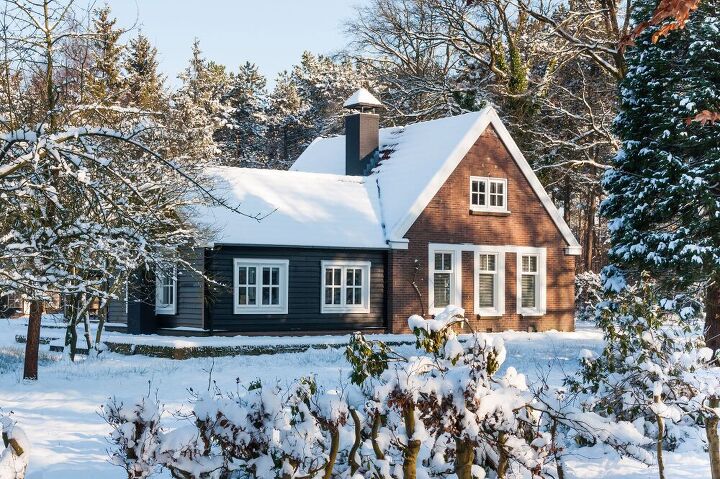


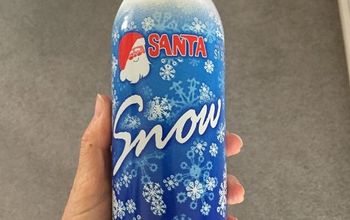
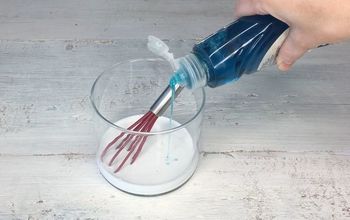



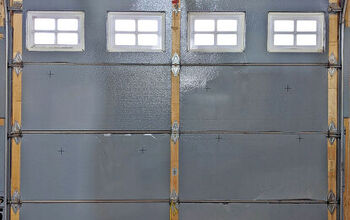
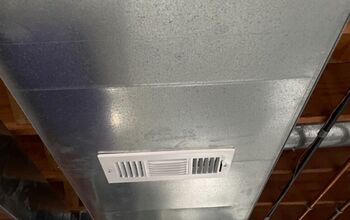




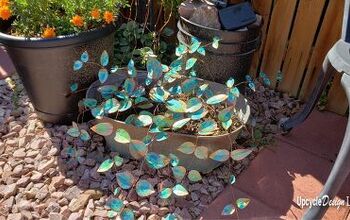
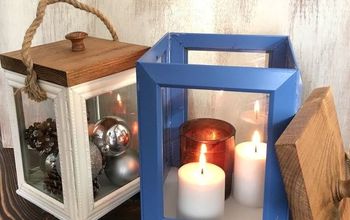
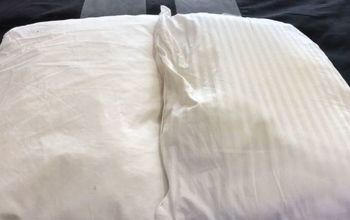
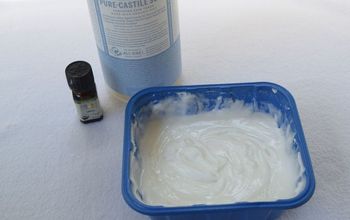

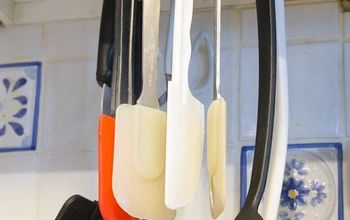
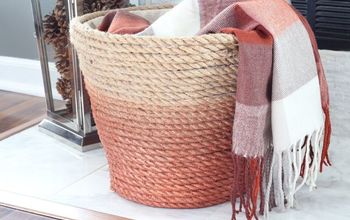
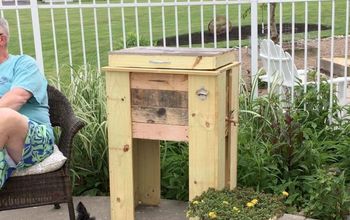

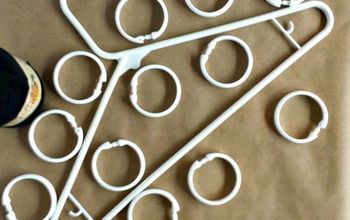
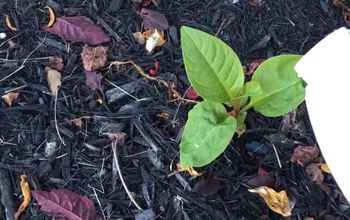

Frequently asked questions
Have a question about this project?
Is there a separate filter on the outside unit vs the furnace filter in the house?